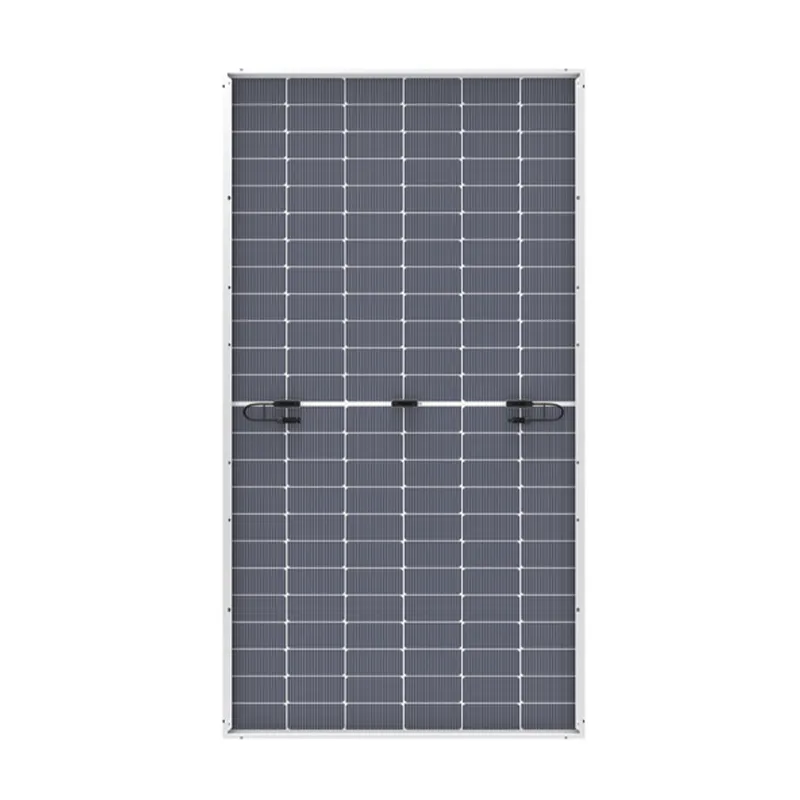Current Prices of 220V Solar Panels for Home and Business Use
Understanding the Costs of 220V Solar Panels
In recent years, solar energy has emerged as a viable and sustainable alternative to conventional energy sources. As the world grapples with issues like climate change and energy scarcity, the demand for renewable energy solutions, such as solar panels, has peaked. Among various electric configurations, 220V solar panels are becoming increasingly popular for both residential and commercial applications. In this article, we will explore the price of 220V solar panels and the factors that influence their cost.
The Basics of 220V Solar Panels
Solar panels convert sunlight into electricity, allowing homeowners and businesses to harness renewable energy. A 220V solar panel system is designed to produce electricity at a voltage level that is suitable for many household and commercial appliances, particularly in regions where the standard voltage level is 220V, such as in Europe and Asia. These systems typically consist of solar photovoltaic (PV) panels, an inverter, mounting equipment, and wiring.
Price Range and Factors Influencing Costs
The price of 220V solar panels varies widely depending on several factors. On average, the cost can range from $0.50 to $1.50 per watt for the solar panels alone. Therefore, for a typical 5 kW system, the panel costs could be between $2,500 and $7,500. However, this is just one part of the total cost of a solar installation.
1. Type of Solar Panels The type of solar panels selected significantly impacts their price. Monocrystalline panels, known for their efficiency and longevity, tend to be more expensive, while polycrystalline panels are often less costly but may be slightly less efficient. There are also thin-film panels which are generally cheaper but may require more space and may not be as efficient as crystalline panels.
2. Installation Costs The price does not include the installation process, which can account for 15-25% of the total solar system cost. Factors such as labor rates, roof type, and complexity of installation can all influence these additional expenses. Hiring qualified professionals can ensure a safe and efficient installation, but it can also increase upfront costs.
220v solar panel price

3. Inverter Selection The inverter is a crucial component that converts the direct current (DC) generated by the solar panels into alternating current (AC), which is used by most household devices. There are various types of inverters, including string inverters, microinverters, and power optimizers. The choice of inverter will affect the system's overall cost.
4. Government Incentives and Rebates Depending on your location, various government incentives can reduce the net cost of solar panels. Tax credits, rebates, and other financial incentives can effectively lower the initial investment, making solar energy more accessible.
5. Quality and Manufacturer The brand and quality of the solar panels also play a crucial role in determining the price. Established manufacturers often charge more for their products due to brand reputation and warranty offerings.
Long-Term Savings and Return on Investment
While the initial cost of installing a 220V solar panel system can be significant, it is essential to consider the long-term savings on electricity bills. By generating your own electricity, homeowners can reduce their reliance on grid power, leading to substantial savings over the lifespan of the system, which typically ranges from 25 to 30 years.
Additionally, many regions offer net metering policies that allow homeowners to sell excess electricity back to the grid, further enhancing savings. The return on investment (ROI) for solar panels can vary, but many homeowners recoup their initial investment within 5 to 10 years.
Conclusion
The price of 220V solar panels is influenced by various factors, including panel type, installation costs, inverter selection, and available incentives. While the initial investment may seem daunting, the long-term benefits, including lower energy bills, environmental sustainability, and potential returns, make solar energy an attractive option. As technology continues to improve and prices decrease, more individuals and businesses may turn to solar energy as a practical and economical solution for their energy needs. Investing in solar power is not just a choice for today, but a commitment to a sustainable future.
-
String Solar Inverter: The High-Efficiency Solution for Smart Solar EnergyNewsJul.14,2025
-
Revolutionizing Rooftop Energy with the Power of the Micro Solar InverterNewsJul.14,2025
-
Power Independence with Smart Off Grid Solar Inverter SolutionsNewsJul.14,2025
-
On Grid Solar Inverter: Powering the Future with Smart Grid IntegrationNewsJul.14,2025
-
Monocrystalline Solar Panels: High-Efficiency Power for the Future of Clean EnergyNewsJul.14,2025
-
Bifacial Solar Panel: A Smarter Investment for Next-Generation Energy SystemsNewsJul.14,2025







